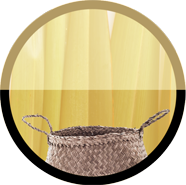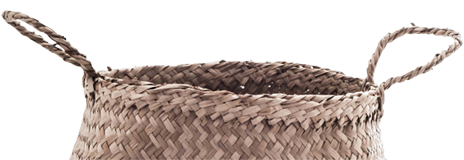-
For Whānau Manaaki Family Caregivers
- Kete Aronui Maori Palliative Care A site for whānau manaaki, family caregivers
- Te Ipu Aronui Road Map
- Kete Tuauri
- Spirituality and wairua
- Karakia definition
- Diverse spiritual faiths and practices
- Spiritual safety and protection
- Spiritual care within hospitals, hospices and aged residential care services
- The power of karakia
- Spiritual support at time of death
- What if you do not know your spiritual care customs?
- Kete Aronui - rongoā
- Rongoā healing
- Forms of rongoā
- Use of rongoā rākau (natural plant medicines) is increasing
- Are you thinking about using rongoā?
- Include your rongoā healer in your health care team
- Self-care
- Te Ipu Aronui’s Kete Tuauri
- Staying with the tūpāpaku
- Karakia before and after death
- Preparing the tūpāpaku (body)
- Caring for the tūpāpaku (body) after death
- Planning and preparation for care following death
- Whakanoa (spiritual clearing of environment process)
-
For Health Professionals
- Whanaungatanga - Establishing a relationship
- Connections take time
- First contact - building a rapport
- Rich histories and lifestyles
- Building trusting relationships
- Whānau systems of care Care roles within whānau
- Geographical location and end of life care
- Challenges whānau face
- Cultural safety - more effective than cultural competency
- Cultural safety - a definition
- Māori health and palliative care workforce
- Strengthening Māori cultural safety
- Caring for Māori health professionals
- Tikanga
- Ngākau pono Working with a sincere heart
- Caring with aroha
- Self-care
- Te Reo Māori The Māori language
- New Zealand history
- Kaumātua tino rangatiratanga Independence, authority
- Places kaumātua are cared for
- Dying in a healthcare setting
- Living in a ‘home’
-
Pae Herenga Research Background
- Healthcare providers
- Palliative care resources
- Support services
- Grief and loss support
- Research
- Tangihanga and funerals
- Links and Information for Health Professionals
- Te Reo Māori Resources
- Cultural Safety
- New Zealand History
- Pūrākau
- Advanced Care Planning (ACP)
- Medicines Directory
- Publications
- Māori Data Sovereignty
- Covid 19 Study
The Kete Aronui site is dedicated to highlighting some practical information to help whānau manaaki provide care to adults and kaumātua at the end of their lives. The information is based on the Pae Herenga study findings and from the Kaumātua Advisors from the Te Ārai Palliative Care and End of Life Research Group, School of Nursing, University of Auckland. They support the recommendations. We include pūrākau (stories) from Pae Herenga participants’ interviews to highlight the different tikanga associated with end of life care.
When Tāne retrieved ‘Te Kete Aronui’ it contained knowledge of those things that could benefit humankind. Tāne’s journey to obtain this kete (basket) of knowledge was important because it held information about aroha and peace as well as creative knowledge and skills. This knowledge is gained through observation of the environment and it also contains knowledge of literature, philosophy and humanity.
Kete Aronui contains information about the tikanga (customary practices and protocols) and kawa (ceremonies, cultural knowledge, processes and rituals) that participants in the Pae Herenga study said whānau drew from to provide care to adults and kaumātua at end of life. This includes rongoā such as natural healing, spiritual practices and the healing wairua provided by the love of whānau.
What is in your Te Ipu Aronui Kete Aronui?

Whānau have their own end of life care kete filled with tikanga and kawa that inform their caregiving. There are many ways of doing things. Some whānau prefer to only use the customs of their ancestors and they do not want to alter or change anything about their tikanga or kawa. Other whānau may choose to adapt their tikanga and change things up. There is not a one-size fits all approach. It is up to each whānau to keep their ancient care customs going, generation after generation, and they can adapt their customs according to their needs.
Kia Kaha, kia maia, kia manawanui.
Be strong, be brave, be steadfast.
